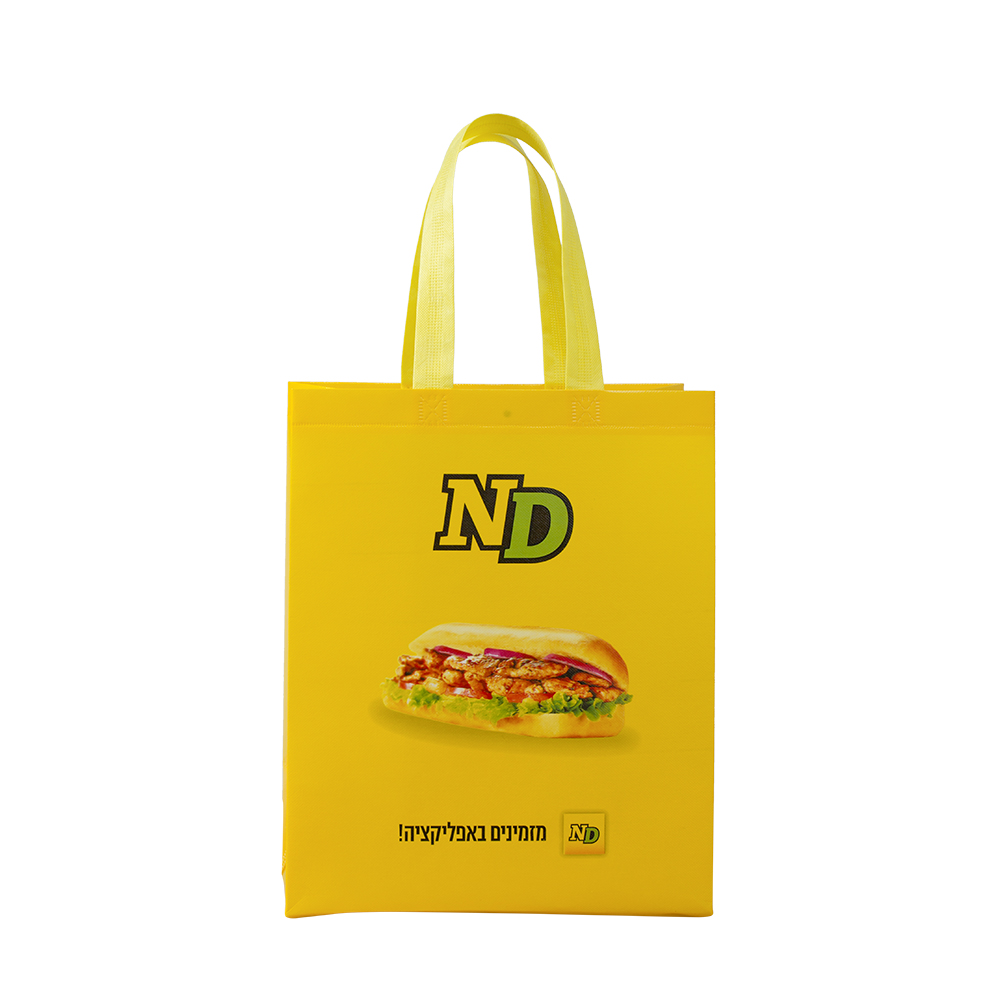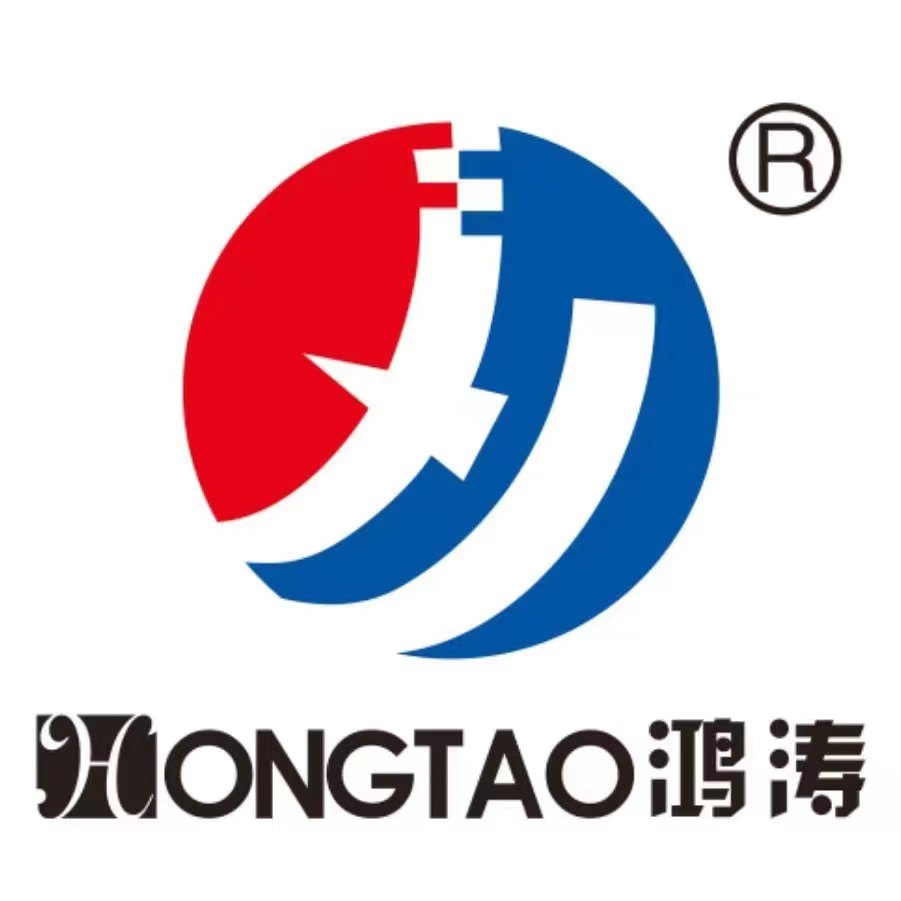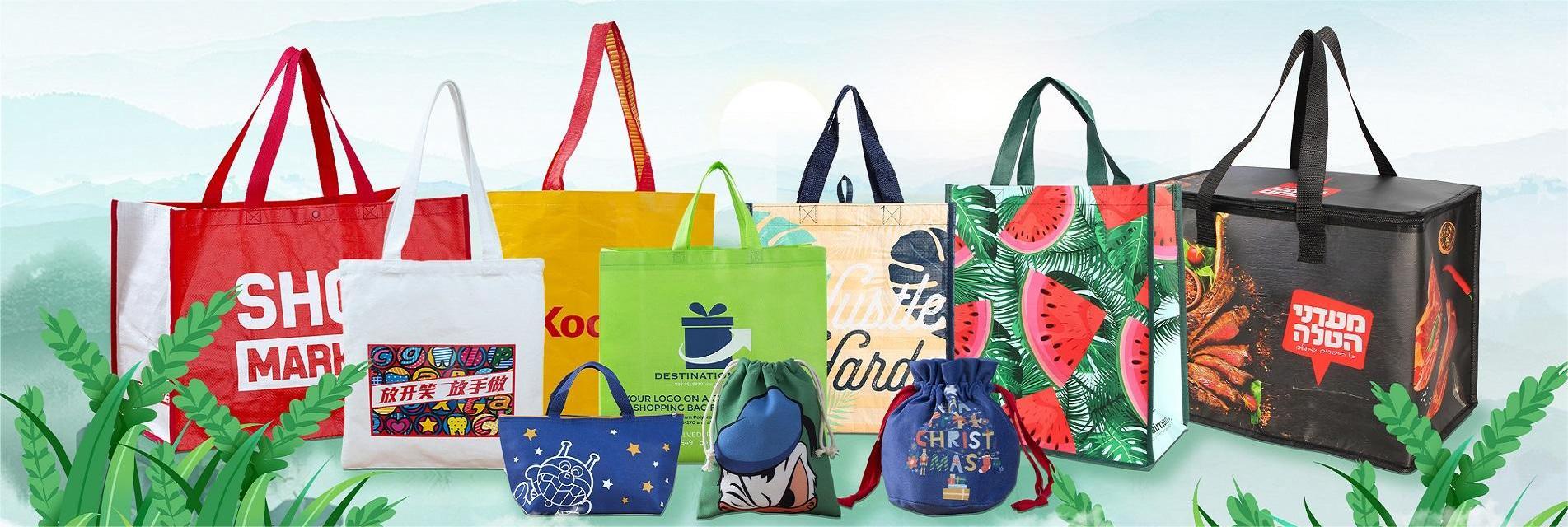What materials are shopping bags made of?
In modern shopping, shopping bags have become an indispensable part of daily life. Different shopping bags not only differ in their uses and designs, but also in the materials they are made of. The following are several common shopping bag making materials and their characteristics.

1. Plastic shopping bags
Plastic shopping bags are one of the most common types, mainly made of polyethylene (PE) or polypropylene (PP). Plastic bags are light, water-resistant and low-cost, but they have a greater impact on the environment because most plastic bags are difficult to degrade.
- Advantages: low cost, waterproof, and light.
- Disadvantages: difficult to degrade and harmful to the environment.
2. Paper shopping bags
Paper shopping bags are usually made of kraft paper or recycled paper. This type of shopping bag is environmentally friendly and recyclable, but not as water-resistant and durable as plastic bags.
- Advantages: environmentally friendly, recyclable, and highly printable.
- Disadvantages: not water-resistant and not as durable as plastic bags.
3. Cloth shopping bags
Cloth shopping bags are mainly made of materials such as cotton, canvas or non-woven fabrics. These bags are strong, reusable, and easy to clean, making them a popular choice for eco-friendly shopping bags.
- Pros: Durable, reusable, and eco-friendly.
- Cons: Costly, may not be waterproof.
4. Non-woven shopping bags
Non-woven shopping bags are made from polypropylene fibers through a heat-pressing process, combining the advantages of plastic bags and cloth bags. They are lightweight, strong, eco-friendly, and moderately expensive.
- Pros: Durable, lightweight, eco-friendly, and moderately expensive.
- Cons: Not as durable as traditional cloth bags.
5. Polyester shopping bags
Polyester shopping bags are made from polyester fibers, which have great strength and durability. These bags are waterproof and easy to clean, making them suitable for long-term use.
- Pros: Durable, waterproof, and easy to clean.
- Cons: High energy consumption during production.
6. Hemp shopping bags
Hemp shopping bags are a very eco-friendly choice because they are natural and biodegradable. Hemp bags are strong and durable, and suitable for multiple uses.
- Pros: Natural, biodegradable, and durable.
- Disadvantages: high cost and rough feel.
As can be seen from the above, choosing the right material for shopping bags depends on the usage scenario, cost and environmental awareness. Whether it is the convenience of plastic bags, the environmental protection of paper bags, the durability of cloth bags, or the combined advantages of non-woven fabrics and polyester bags, each material has its unique advantages and application scenarios. With the improvement of environmental awareness, more and more people choose reusable environmentally friendly shopping bags to contribute to protecting the earth.
































